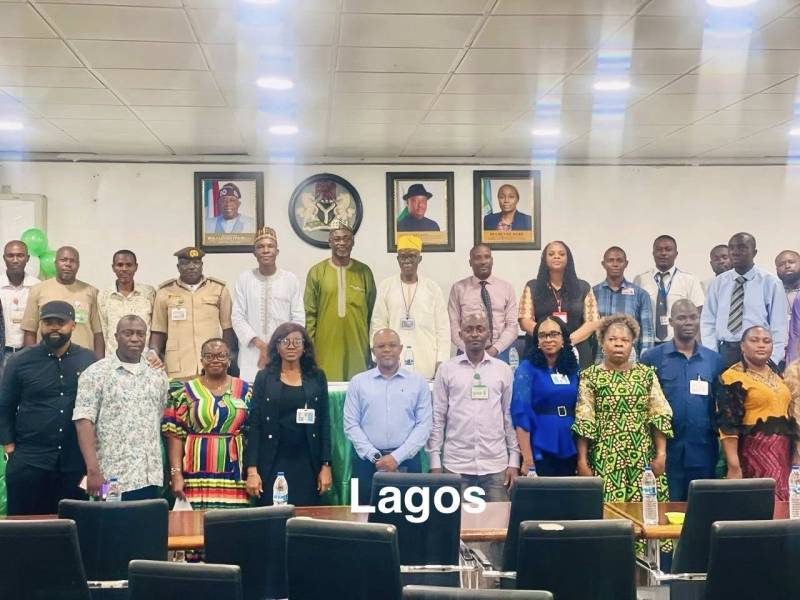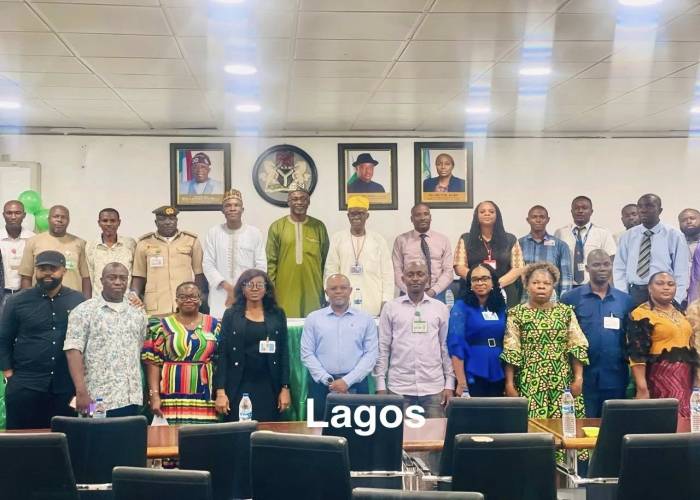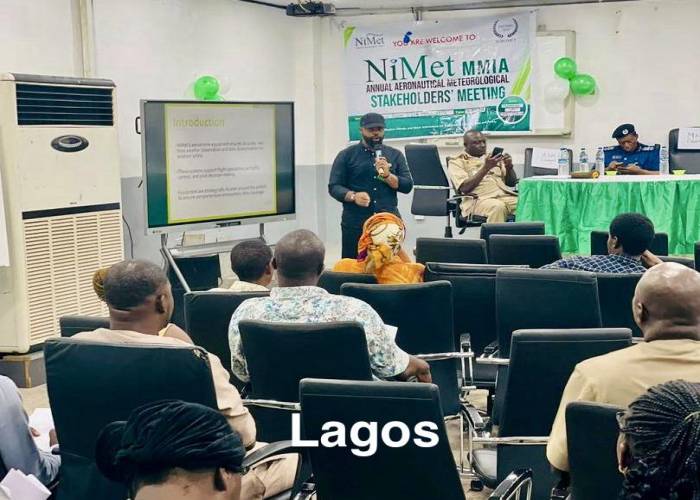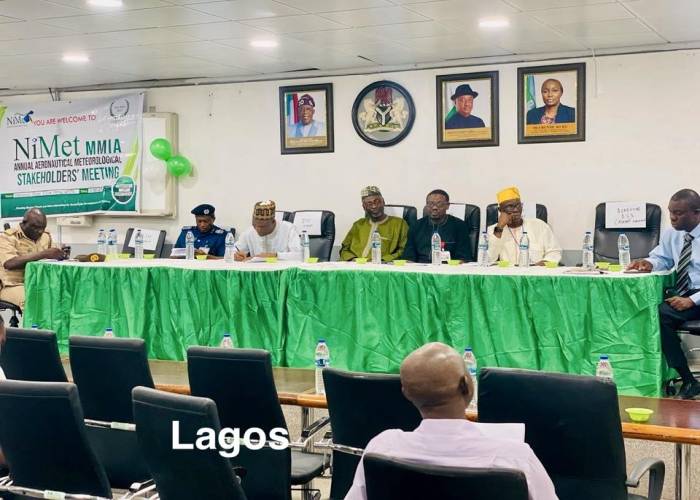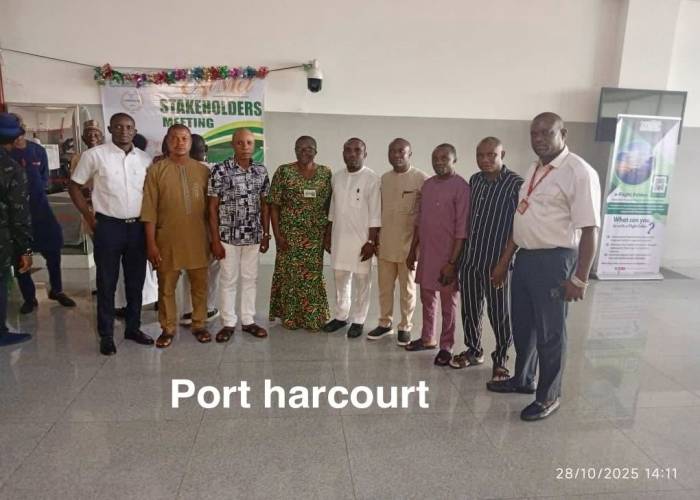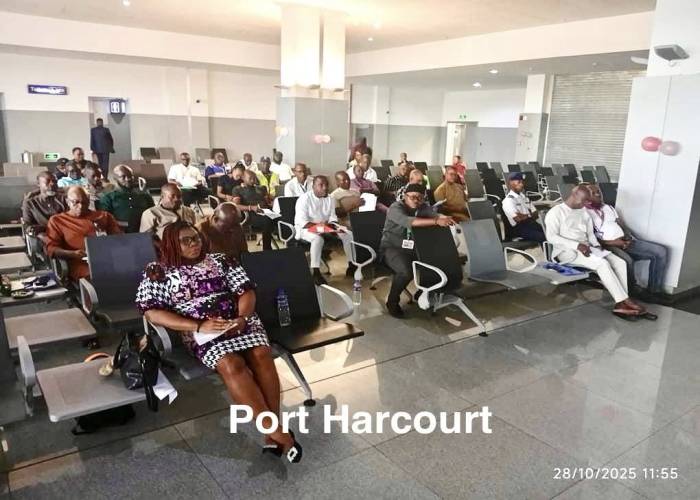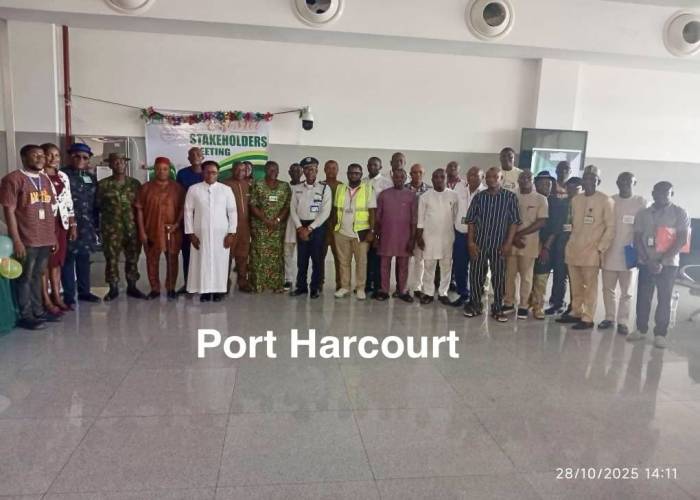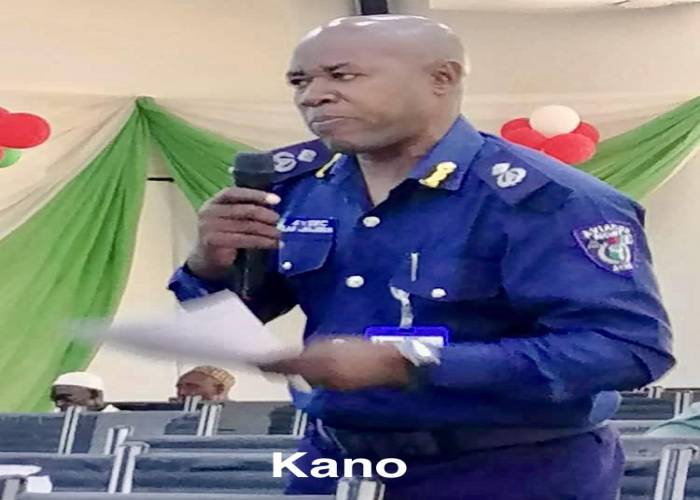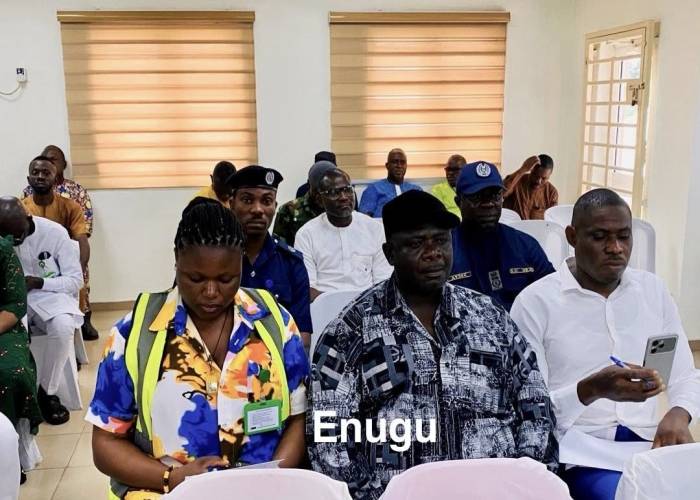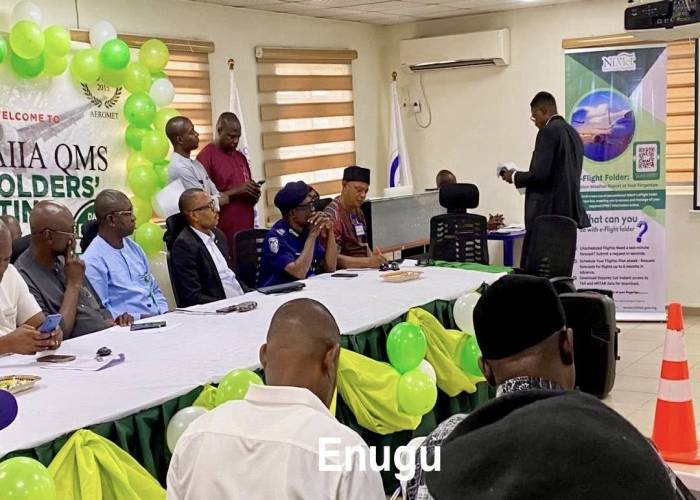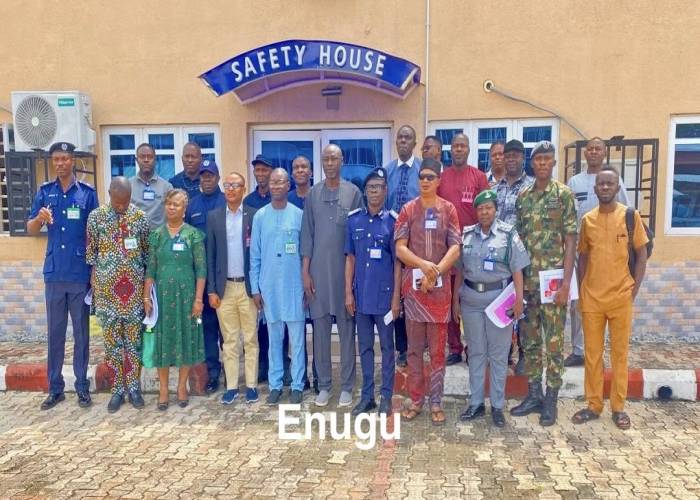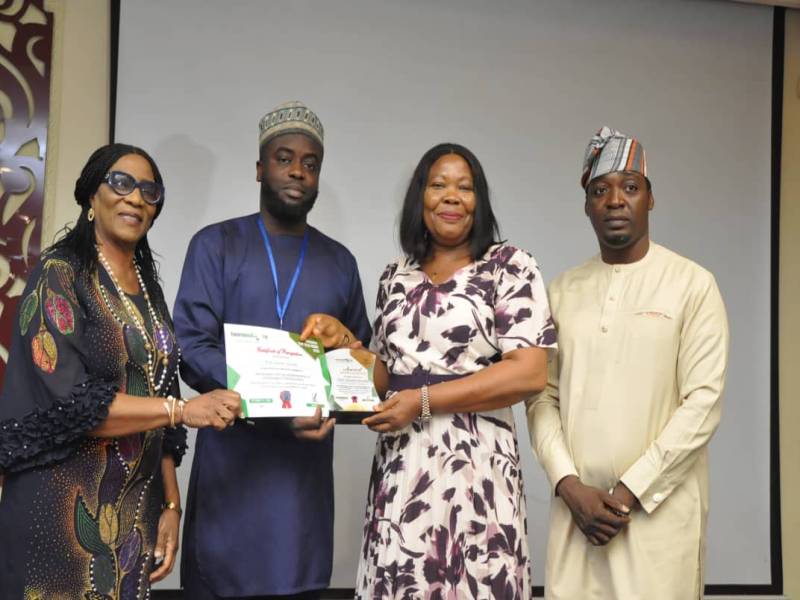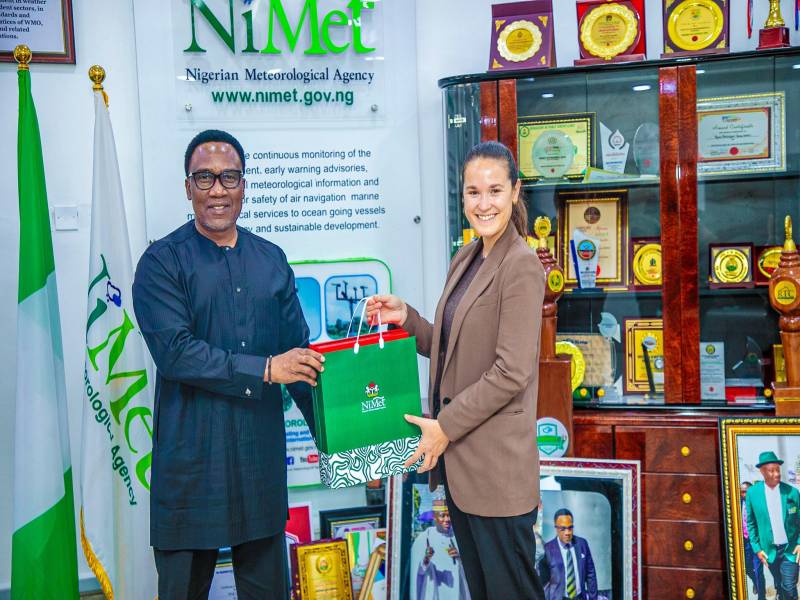The Nigerian Meteorological Agency (NiMet) has continued its nationwide Quality Management System (QMS) Stakeholders’ Engagement across major airports as part of efforts to strengthen service delivery, improve aviation safety, and sustain its ISO 9001:2015 certification for aeronautical meteorological services.
At the 10th anniversary of the NiMet Stakeholders’ Meeting in Port Harcourt, representatives from major aviation bodies—including the NCAA, FAAN, SAHCOL, Nigerian Air Force, DSS, ministries, and host communities—commended NiMet’s commitment to accurate and reliable meteorological services. The DG/CEO, Professor Charles Anosike, represented by Mr. Taiwo Asaniyan, reiterated that continuous stakeholder feedback remains central to quality improvement, operational excellence, and customer satisfaction.
In Lagos, NiMet held another QMS engagement with airline operators, airport managers, and security agencies at the Murtala Muhammed International Airport. Presentations focused on weather hazards affecting flight operations and proactive mitigation strategies. Stakeholders were also briefed on NiMet’s Electronic Flight Folder, a digital platform providing seamless OPMET data and flight documentation to pilots. The DG, represented by Mr. Abdulrahman Usman, emphasised that reliable data, expert guidance, and collaboration are critical to safer skies and improved service delivery.
Similar sessions were hosted at the Malam Aminu Kano International Airport, Kano, and at the Akanu Ibiam International Airport, Enugu. Stakeholders in both locations commended NiMet for timely and accurate forecasts, the deployment of OPMET services, and innovations such as the electronic flight folder. NiMet also announced the implementation of ISO 45001:2022 Occupational Health and Safety Management standards at these forecast offices to ensure products and services are delivered in a safe, globally compliant environment.
Participants across all airports raised actionable concerns, including
1. operationalizing Automatic Terminal Information Services (ATIS),
2. improving access roads to Meteo stations,
3. renovation of offices,
4. provision of buffer zones around sensor sites,
5. new installations for ATC operational efficiency, and
6. Capacity-building for NiMet staff.
NiMet management received commendations for recent improvements, including the procurement of an electric vehicle for airside operations in Kano.
With the successful rounds of engagements in Port Harcourt, Lagos, Kano, Enugu, and other scope airports, NiMet reaffirmed its dedication to delivering world-class meteorological services, enhancing aviation safety, and maintaining compliance with WMO and ICAO standards through continuous improvement and stakeholder-driven feedback.


